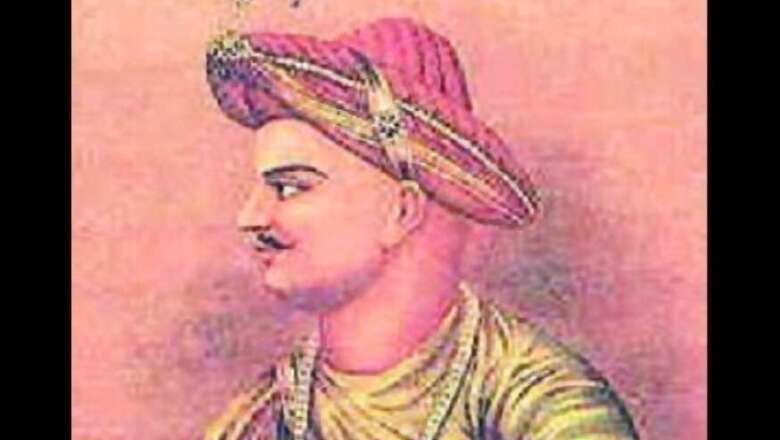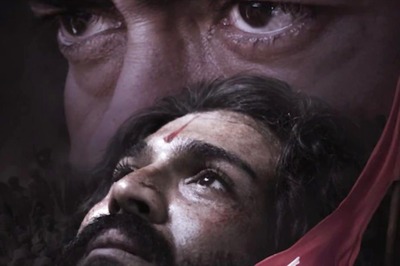
views
Karnataka Chief Minister Siddaramaiah marked Tipu Jayanti on November 10 with a tweet hailing the 18th century Mysore ruler as the “first freedom fighter”. The tweet further fuelled controversy over the day with Right-wing leaders opposing the celebrations, saying Tipu Sultan was anti-Hindu and forcibly converted hundreds of Hindus during his reign.
The photo accompanying the CM’s tweet recognized Tipu Sultan as “one of the first resistance leaders”, but Siddaramaiah’s tweet itself said he was the “first freedom fighter”. The tweet invited criticism from many, who said Tipu Sultan was not the first freedom fighter since the first battle for independence was the revolt of 1857 by Mangal Pandey.
Honouring India’s first freedom fighter & the Tiger of Mysore for his bravery & sacrifice in fighting the British. Karnataka salutes his patriotism, courage & military excellence. #TipuJayanti pic.twitter.com/0x3ymK8yKd— CM of Karnataka (@CMofKarnataka) November 10, 2017
Here’s a look at the unsung people who took on the British at the time:
Pazhassi Raja
The warrior king of Kottayam, Pazhassi Raja, fought the British from 1793 till his death in 1805. The first war was fought over the management of Kottayam, also known as Cotiote, between 1793 and 1797, while the second one was fought for supremacy in Wynad from 1800–1805. These battles together came to be known as the Cotiote War.
In 1797, Pazhassi Raja also met with rival Tipu Sultan who helped boost his defence. His victory at Periyar Pass helped sealed the doom of British forces.
Velu Nachiyar
The queen of Ramnad kingdom (now in Tamil Nadu) from 1760 to 1790, Velu Nachiyar fought the imperialists in 1780. Hailed as Veeramangai (brave woman), she was drawn into battle when her husband and king Muthuvaduganathaperiya Udaiyathevar was killed by British forces. She regained her kingdom after leading a woman’s army and went on to rule till her death in 1790.
Veerapandiya Kattabomman
The chieftain Panchalankurichi refused to accept the authority of the British East India Company whose officials used a loan taken by Nawab of Arcot as an excuse for excess tax collection. In 1799, the British forces invaded Panchalankurichi. Veerapandiya Kattabomman refused to surrender, vowing to fight until death. After fighting valiantly, Veerapandiya was captured by the King of Pudukotai and handed over to the British and was hung to death on October 19, 1799.
Puli Thevar
Born into a martial arts community, Puli Thevar fought a coalition of British soldiers and troops of the Nawab of Arcot on different battlefields from 1755 to 1760. He is believed to have died in exile in 1767.















Comments
0 comment